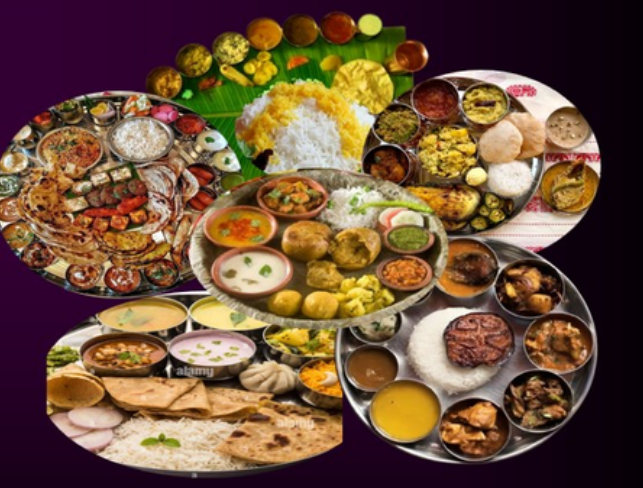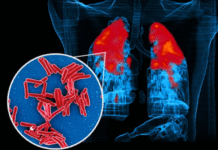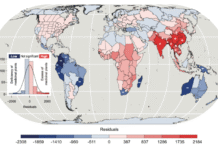NEW DELHI– India’s changing dietary patterns — marked by excessive carbohydrate and saturated fat intake and low protein consumption — are fueling a sharp rise in diabetes and obesity, according to new findings from the Indian Council of Medical Research-India Diabetes (ICMR-INDIAB) study published Tuesday in Nature Medicine.
The nationwide survey of more than 121,000 adults across 36 states and union territories revealed that Indians derive an astonishing 62 percent of daily calories from carbohydrates, one of the highest rates globally. Much of this comes from low-quality sources such as white rice, milled grains, and added sugar, all strongly linked to metabolic disorders.
Dietary patterns vary regionally: white rice dominates in the South, East, and Northeast, while wheat prevails in the North and Central states. Alarmingly, 21 states and union territories exceeded the national recommendation of limiting added sugar to less than 5 percent of daily energy intake.
Although average total fat intake stayed within guidelines (under 30 percent of energy), nearly all states surpassed the safe limit for saturated fats (under 7 percent of energy), except Jharkhand, Chhattisgarh, Arunachal Pradesh, and Manipur. Meanwhile, healthier monounsaturated and omega-3 polyunsaturated fat consumption remains low across India.
Protein intake is also inadequate, averaging just 12 percent of daily calories. The Northeast recorded the highest levels at 14 percent, but protein across India comes overwhelmingly from plant-based sources such as cereals, pulses, and legumes (9 percent of energy). Dairy accounts for only 2 percent and animal protein just 1 percent.
“Our findings clearly show that typical Indian diets, heavy in carbohydrates from white rice or whole wheat flour, and low in quality protein, are putting millions at risk,” said Dr. R.M. Anjana, lead author and President of the Madras Diabetes Research Foundation (MDRF). “Simply switching from white rice to whole wheat or millets is not enough unless total carbohydrate intake decreases and more calories come from plant or dairy proteins.”
The study also found that replacing carbohydrates with red meat protein or fats failed to provide the same protective benefits.
“These nationwide findings should inspire policy reforms, especially regarding food subsidies and public health messaging to help Indians shift toward diets richer in plant-based and dairy proteins, and lower in carbohydrates and saturated fats,” said Dr. V. Mohan, senior author and Chairman of MDRF. He emphasized that these dietary changes could help close India’s protein gap, improve nutrition, and reduce the risk of lifestyle diseases. (Source: IANS)












